Millennials, often described as the generation born between 1981 and 1996, are reshaping spending habits. Influenced by economic challenges, shifting priorities, and modern lifestyles, they’re choosing not to spend on many traditional purchases.
Here are 20 things millennials are skipping to save money and stay aligned with their values.
Cable TV

Streaming services like Netflix, Hulu, and Disney+ have made cable TV feel outdated and unnecessary for millennials. With the freedom to watch what they want, when they want, they see no reason to pay for expensive packages filled with channels they’ll never use. On-demand content is more convenient and cost-effective, letting millennials tailor their entertainment to their preferences.
Gym memberships

Millennials are ditching traditional gym memberships in favor of at-home workouts and outdoor fitness. With free YouTube tutorials, fitness apps, and affordable gear like yoga mats or resistance bands, it’s easier than ever to stay active without spending a fortune. High membership fees and rigid contracts don’t appeal to this cost-conscious generation.
They prefer flexibility and variety, such as pay-as-you-go classes or hiking trails that offer fitness and fresh air.
Designer handbags
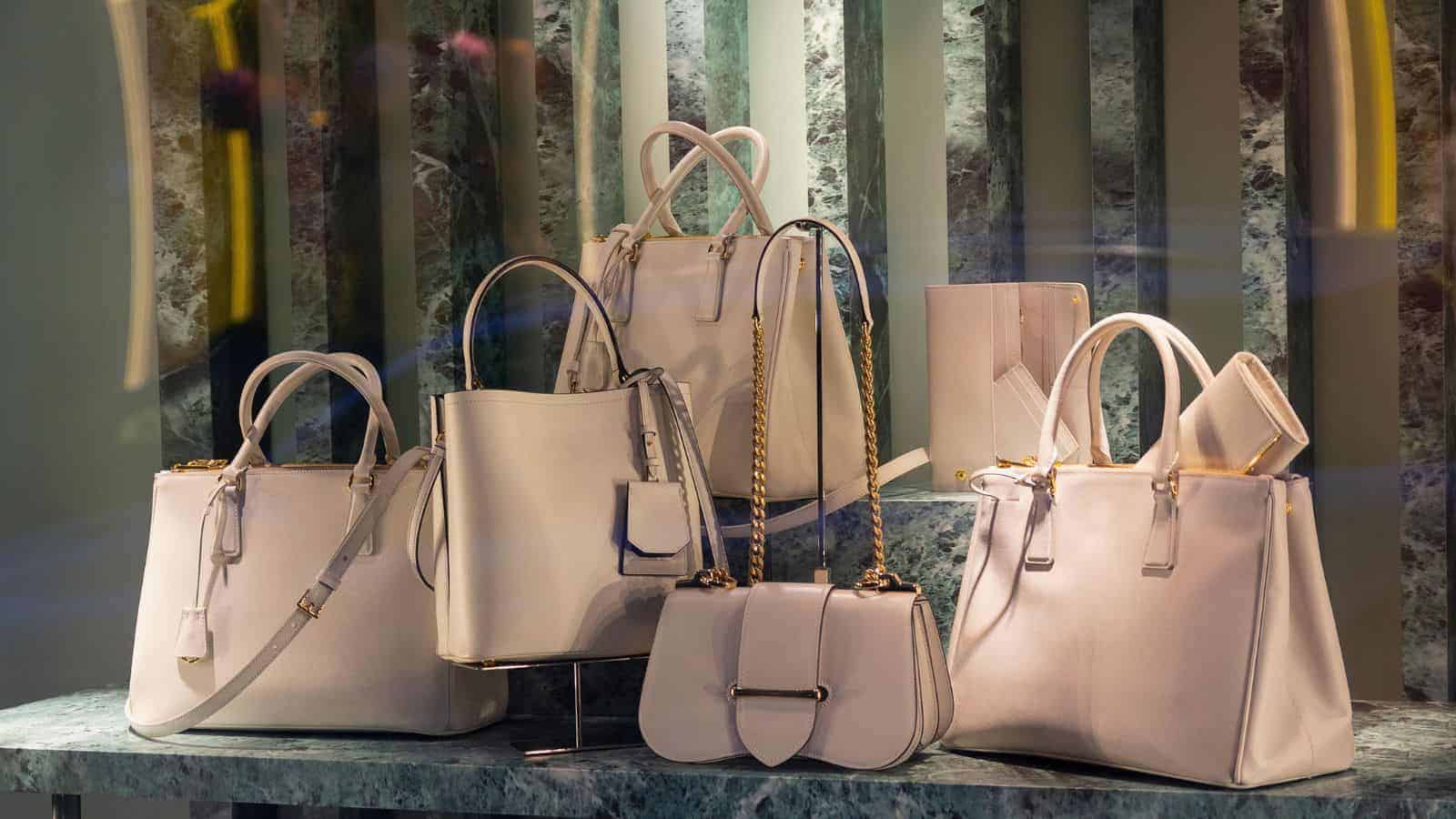
Expensive designer handbags are no longer a priority for millennials, who prefer to spend their money on experiences or investments that feel more meaningful. The minimalist lifestyle many millennials embrace doesn’t align with splurging on high-end accessories. Sustainability is also a factor, with eco-conscious shoppers choosing practical and ethically made bags instead.
Formal dining sets
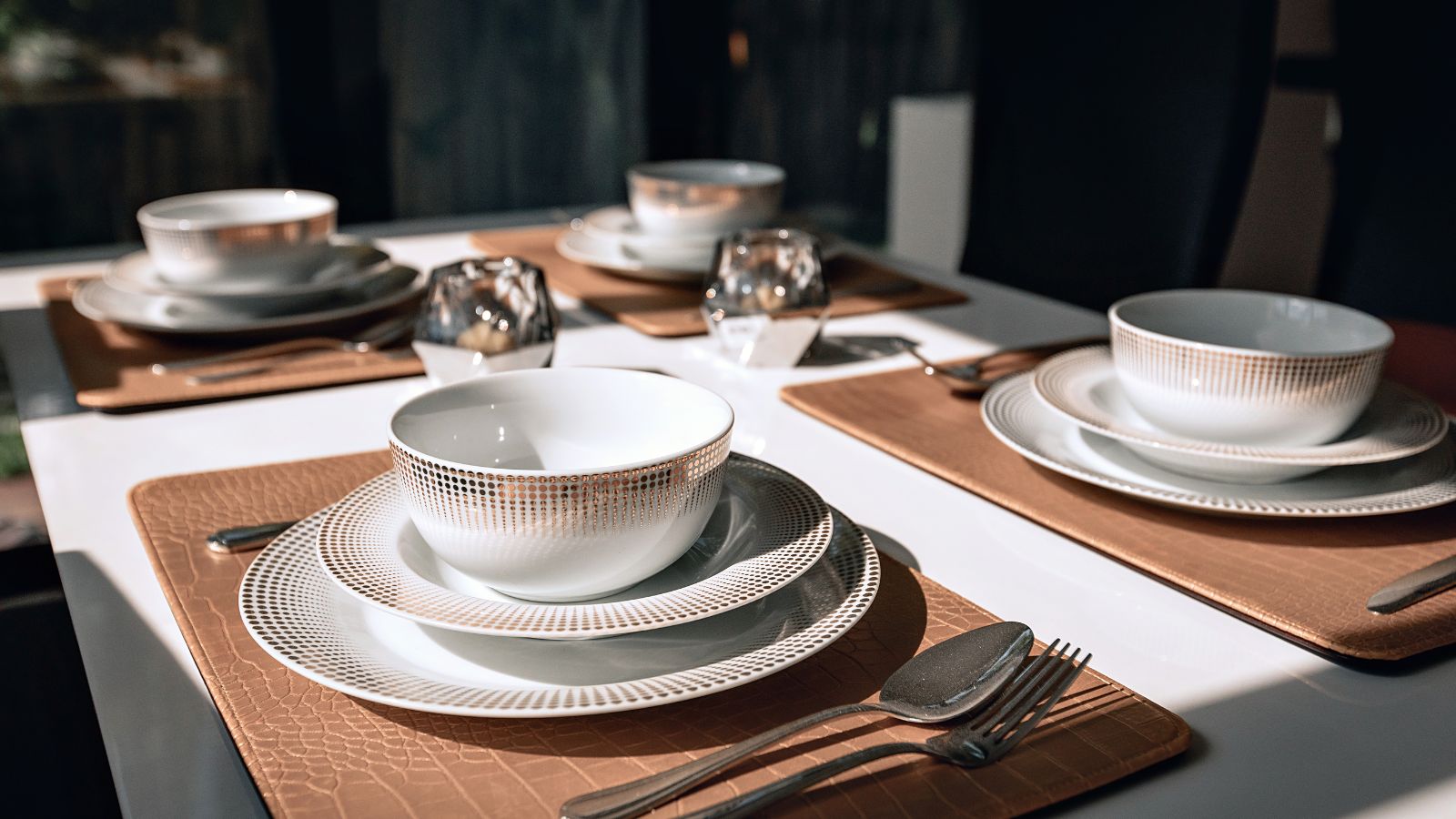
We all remember seeing our grandparents’ or our parents’ fine china set but these are a thing of the past now.
Traditional dining sets, like fine china, are being left behind as millennials favor multi-purpose and durable kitchenware. The idea of owning expensive dishware for rare occasions doesn’t resonate with this generation, especially as they lean into more casual and practical hosting styles.
Many live in smaller spaces and don’t have room to store fragile items they might never use. Instead, they choose simple, functional designs that work for everyday meals and informal gatherings.
New cars

Millennials are moving away from buying new cars due to high costs, rapid depreciation, and environmental concerns. Instead, they often choose used vehicles, car-sharing services, or alternative transportation like biking or public transit.
For many, especially those in urban areas, owning a car feels more like a financial burden than a necessity. Parking fees, maintenance costs, and insurance only add to the expense.
Landlines
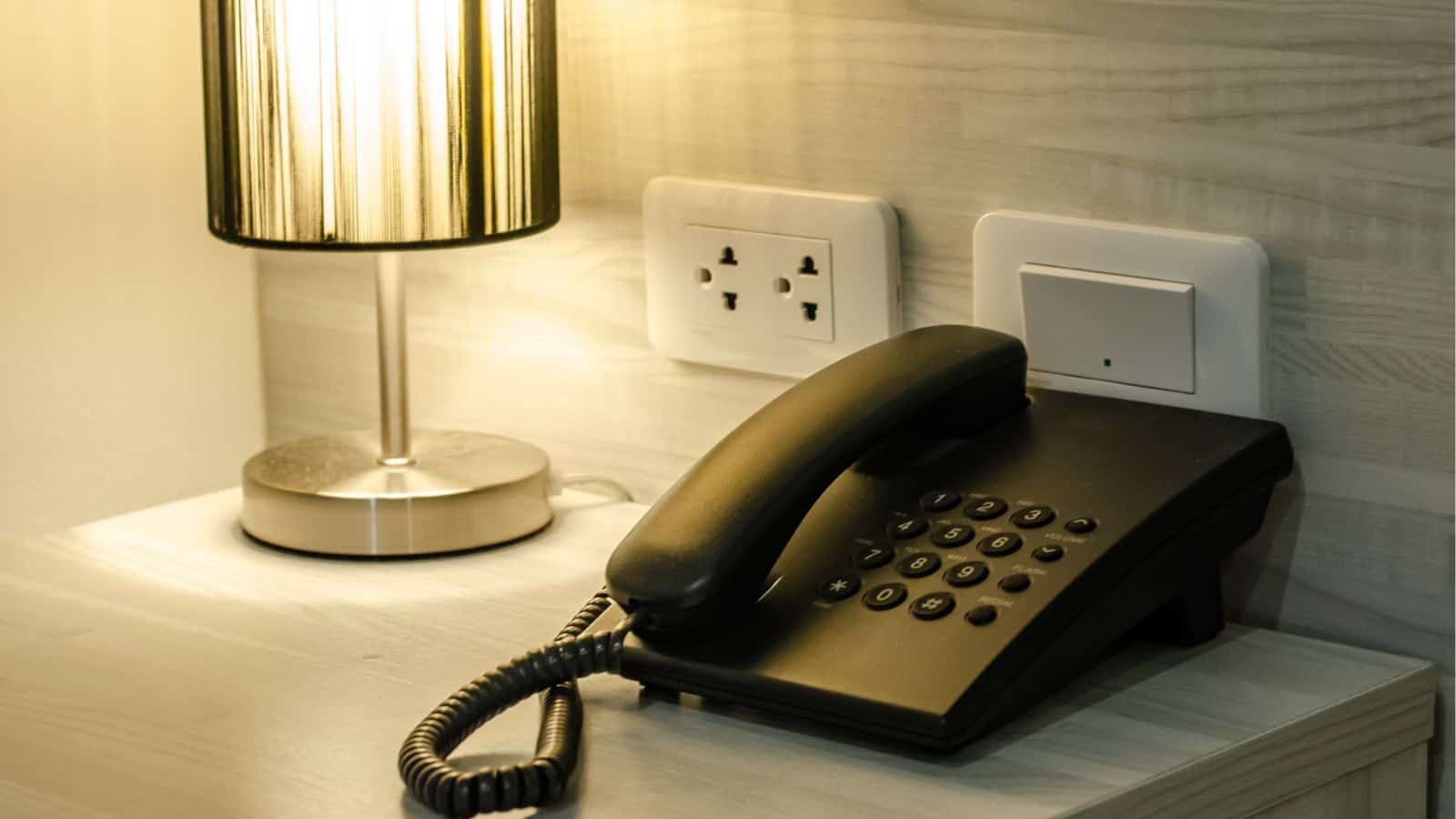
The traditional landline phone has become nearly obsolete for millennials. With smartphones providing a one-stop solution for calls, texts, and video chats, paying for a landline feels unnecessary. Landlines often come bundled with services like cable TV, which millennials are also cutting out, making them even less appealing.
Traditional weddings

Millennials are transforming weddings into smaller, more intimate, and budget-friendly celebrations. Rising costs and changing priorities mean they’re rejecting the extravagant ceremonies and receptions their parents’ generation often embraced. Courthouse weddings, backyard ceremonies, and destination elopements are becoming popular, allowing couples to save money and invest in their future instead.
Expensive insurance plans

Comprehensive insurance plans with high premiums don’t appeal to millennials balancing tight budgets and everyday expenses. Instead, they look for affordable, minimal coverage that meets basic needs. Catastrophic coverage or plans with higher deductibles often feel more practical, even if they come with risks.
Millennials prefer to allocate their money toward savings or paying down debt rather than overpaying for extensive insurance they may rarely use.
Cable news subscriptions

Millennials are moving away from cable news and traditional media subscriptions in favor of free or low-cost digital sources. Many millennials distrust mainstream outlets, finding them biased or overly sensationalized, which further pushes them toward alternative sources.
By curating their own news feeds, they save money and stay informed in ways that align with their preferences.
McMansions

Oversized suburban homes, often called McMansions, are losing their appeal among millennials. High purchase prices, costly upkeep, and excessive space make these properties impractical. Instead, millennials opt for smaller, more sustainable homes or apartments in urban areas. They prioritize affordability, energy efficiency, and proximity to work or amenities.
Diamonds

Millennials are moving away from the traditional expectation of spending large sums on diamonds, particularly for engagement rings. Ethical concerns, like conflict diamonds and environmental damage, are key factors driving this shift.
Instead, many choose alternatives such as lab-grown diamonds, moissanite, or unique gemstones, which are more affordable and eco-friendly.
Timeshares
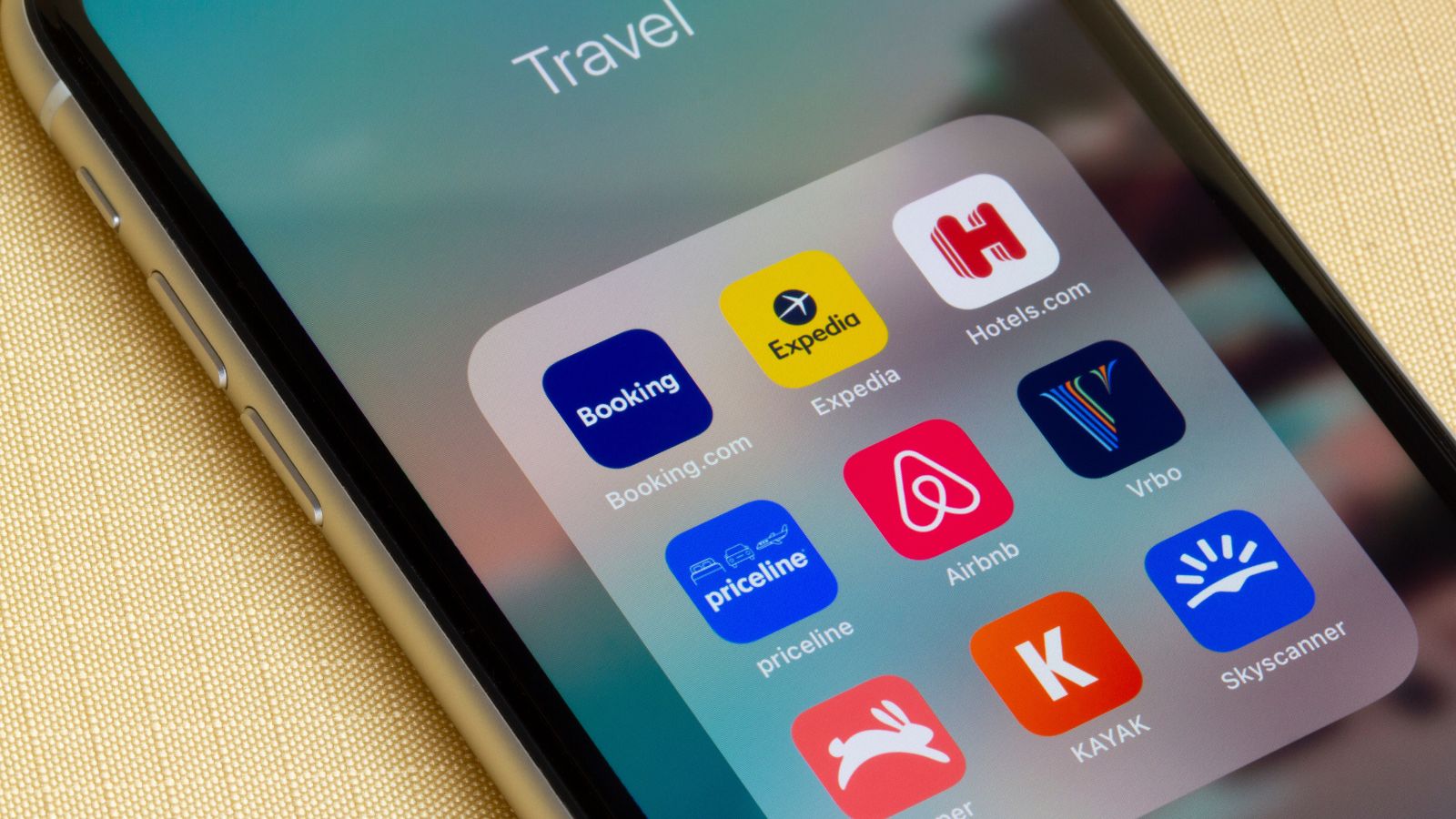
Timeshares, once marketed as a convenient vacation solution, are losing favor with millennials. The high upfront costs, annual maintenance fees, and inflexible arrangements make them seem like a bad deal. Younger generations prefer the freedom and variety offered by platforms like Airbnb and Vrbo, which allow them to explore different destinations without long-term commitments.
Additionally, horror stories about difficult cancellations or hidden fees have cemented their reputation as a risky investment. Millennials prioritize experiences that allow for spontaneity, adventure, and flexibility, making timeshares feel outdated and impractical for their travel preferences.
Luxury watches
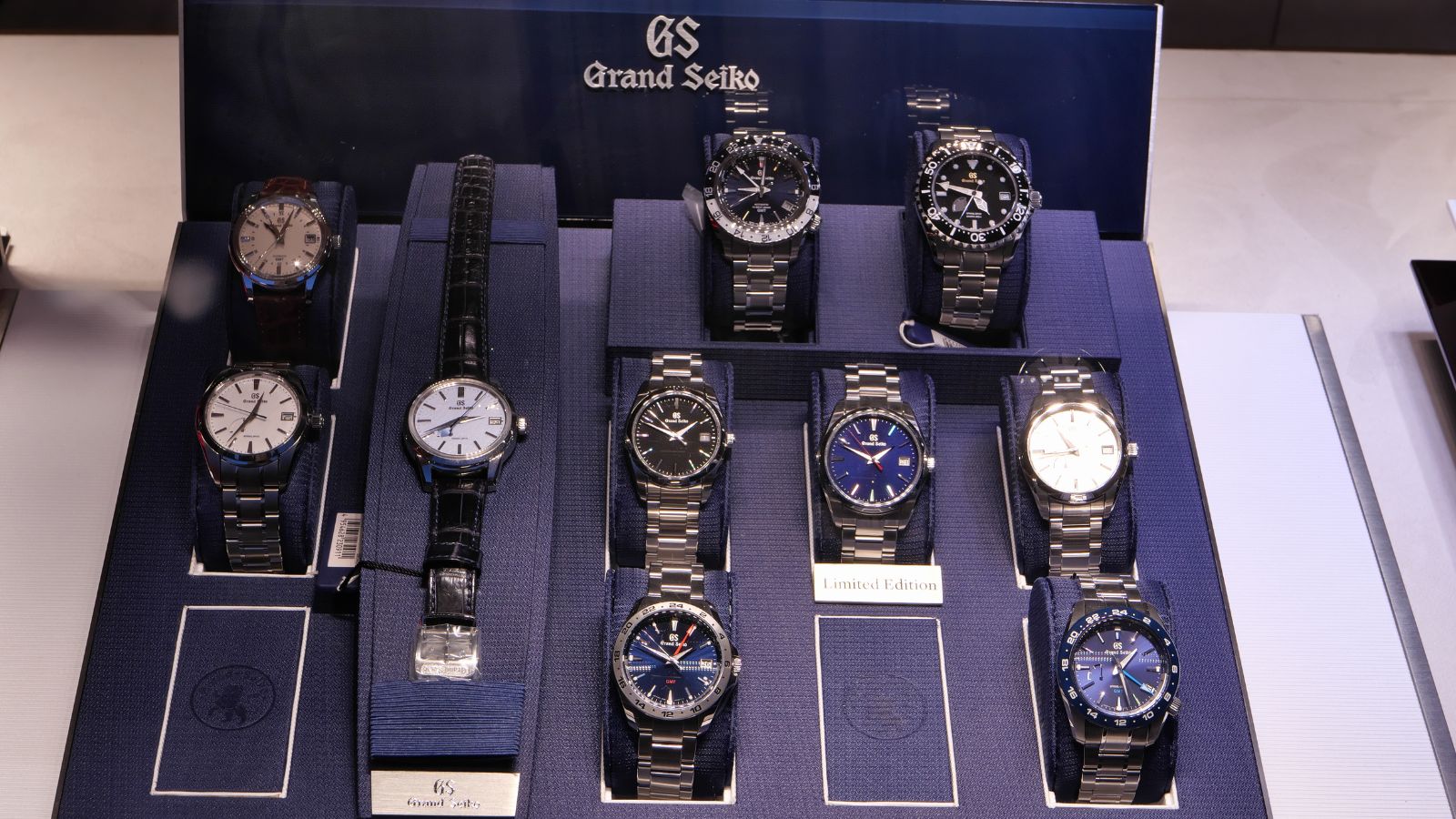
Luxury watches, long considered a symbol of success, are no longer a priority for millennials. With the rise of wearable tech like smartwatches, traditional timepieces feel less relevant. Millennials value functionality, preferring devices that offer fitness tracking, notifications, and other modern features alongside timekeeping. They’d rather invest in meaningful purchases or technology that complements their fast-paced, connected lifestyles.
Department store shopping
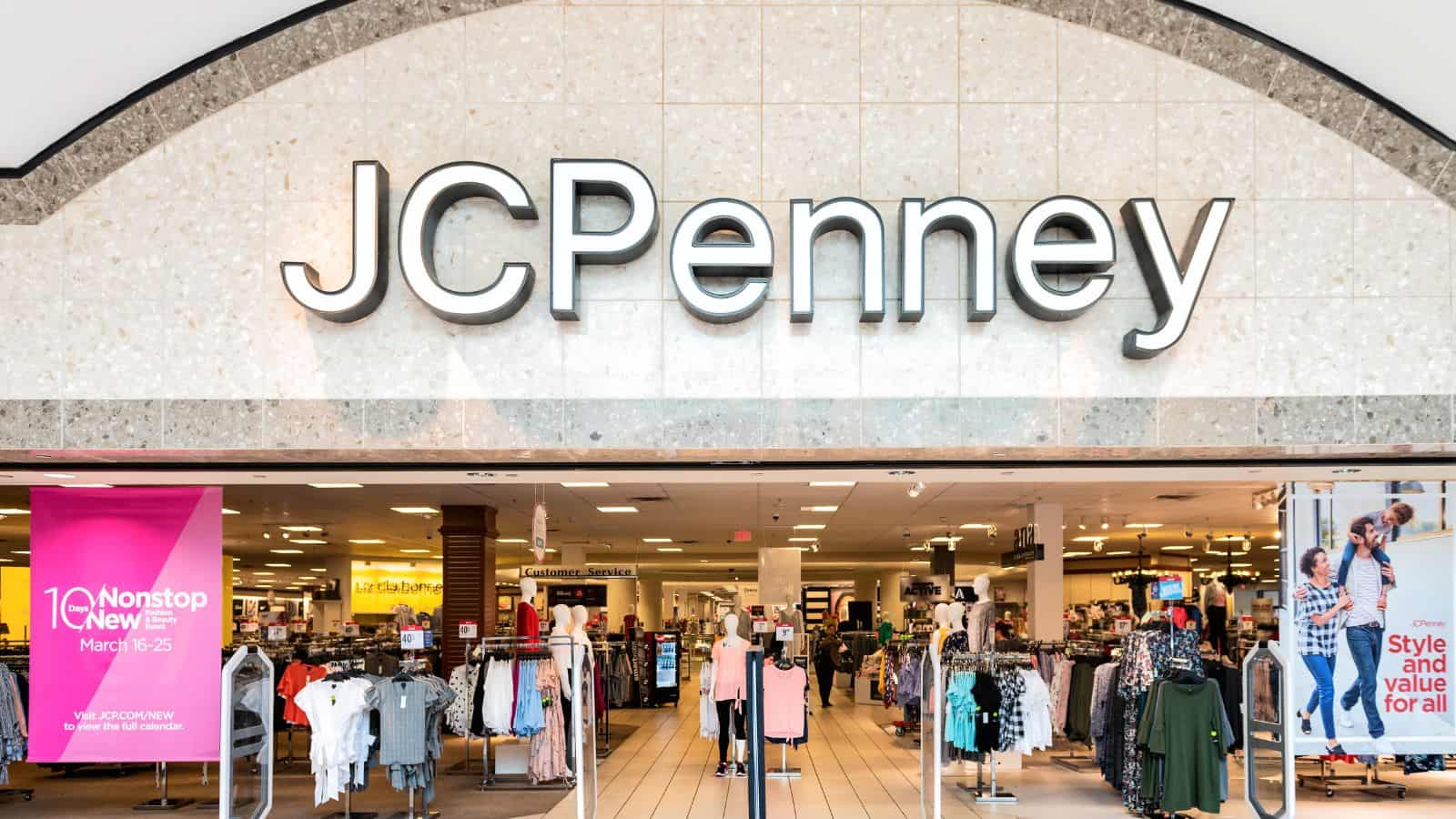
Department stores, once staples of retail, are becoming less popular among millennials. Online shopping has revolutionized how this generation buys clothes, electronics, and household items. Platforms like Amazon and direct-to-consumer brands offer better prices, convenience, and a wider variety of products, making department stores seem outdated.
Vacation homes

Owning a vacation home is a luxury many millennials are unwilling to prioritize. The high costs of purchasing and maintaining a second property, combined with today’s economic pressures, make this an impractical choice. Platforms like Airbnb have made it easier to enjoy travel without being tied to a single location, allowing millennials to explore multiple destinations without the burden of ownership.
This generation values flexibility and the ability to customize their travel experiences. For them, vacation homes represent an outdated investment model that doesn’t align with their preference for freedom and financial security.
Golf memberships

Expensive golf club memberships are falling out of favor with millennials, who are less interested in the exclusivity and high costs associated with the sport. Many see golf as time-consuming and less accessible compared to other recreational activities. Millennials often prefer hobbies that are affordable, social, and adaptable, such as yoga, hiking, or team sports.
Magazine subscriptions

Print magazine subscriptions are becoming a relic of the past for millennials, who rely heavily on digital media for news, entertainment, and lifestyle content. Online platforms offer free or low-cost articles, blogs, and videos, making traditional subscriptions feel redundant. Millennials also value eco-friendly options and prefer avoiding the waste associated with printed publications. Consuming media on smartphones, tablets, or laptops fits their fast-paced, mobile lifestyles.
Elaborate home décor

Millennials are steering clear of elaborate, expensive home décor in favor of minimalist and functional designs. Large, ornate pieces or heavy, traditional furnishings don’t align with the smaller living spaces many millennials occupy, such as apartments or shared housing. They value practicality, choosing versatile items that serve multiple purposes while maintaining a clean and modern aesthetic.
Expensive education

While valuing learning, millennials are reconsidering the high cost of traditional education. Crushing student debt has forced many to question whether expensive degrees are worth it, especially when alternative options like online courses, certifications, and vocational training are available.
Platforms like Coursera and Skillshare provide affordable ways to gain practical skills without the hefty price tag of university programs. Many millennials prioritize education that directly aligns with their career goals, focusing on practical knowledge over prestige.
Fine china

The tradition of owning fine china for formal dining is fading among millennials, who see little use for fragile, high-maintenance dishware. Many prefer durable, multi-functional kitchenware that works for both everyday meals and casual gatherings.
The decline of formal dining traditions, combined with smaller living spaces, makes fine china feel impractical. Millennials often choose affordable, stylish options that align with their minimalist and sustainable lifestyles.
